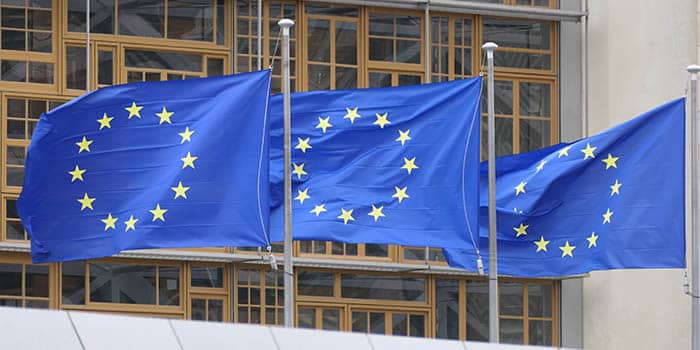EUROMAT is concerned that the failure to notify could restrict market access and hinder the free movement of services within the EU

The European Gambling and Amusement Federation (EUROMAT) has voiced its concerns about Croatia‘s recent changes to its Gambling Act. EUROMAT claims the Croatian government did not follow the right steps to inform the European Commission as EU law requires. The group has sent its complaint to the European Commission. It argues that Croatia should have shared the planned reforms through the Technical Regulation Information System (TRIS), as Directive (EU) 2015/1535 states.
EUROMAT Flags Potential Market Barriers in Croatia’s New Gambling Reforms
EUROMAT points out several rules in the amendments that count as technical regulations. These include making players show ID to enter gambling establishments, setting up a list for people to exclude themselves, tougher rules on ads, and stronger limits on where gambling venues can be and when they can open. In addition, the changes suggest raising license fees and taxes, which might lead to fewer gambling venues.
EUROMAT is worried about the lack of notification, as these rules might limit market access and get in the way of services moving within the EU market. The group claims that these changes, which could have a big impact on companies, should have been reported to the European Commission before they were allowed to move forward in the lawmaking process. EU rules say that member countries must tell the Commission about national measures that could affect the market. If they do not, they might face legal consequences, including putting the law’s use on hold.
EUROMAT President Urges Commission Action to Ensure Croatia Follows Legal Procedures
Jason Frost, the President of EUROMAT, highlighted how crucial it is to stick to the notification procedure. He compared this to what Croatia went through back in 2014 when it had to pull back a similar law after the European Commission took a closer look. Frost made it clear that the Commission needs to step in again to make sure Croatia follows the legal steps it should. He pointed out that not notifying creates uncertainty for businesses operating in the EU. He cautioned that if this kind of rule-breaking continues, it could open the door to problems with future regulations across EU countries.
Filip Jelavic, who heads the Croatian Gaming Association as General Secretary, shared his worries, too. He could not believe Croatia would make such big changes without following the right steps. He asked the Croatian government to take charge and make sure its actions follow EU law, pushing for better adherence to legal rules.
EUROMAT’s complaint shows the need to always follow EU steps in cases that could change how gambling companies compete across Europe. If the Commission decides that Croatia’s actions break EU law, it might stop the planned changes and start legal action against the country.

